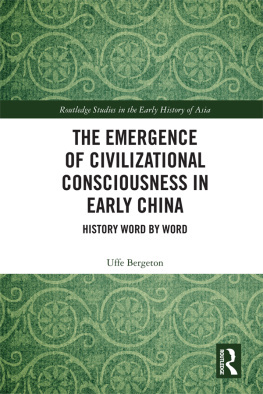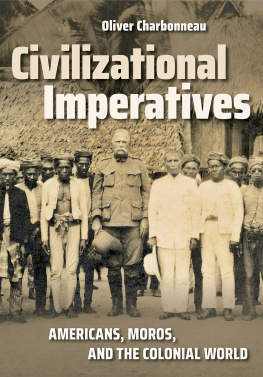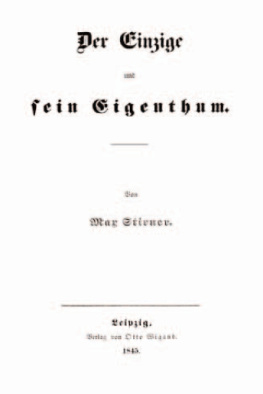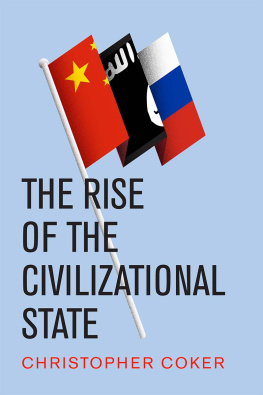Anthropology
and
Civilizational
Analysis
SUNY series
Pangaea II: Global/Local Studies
Sad Amir Arjomand and Wolf Schfer, editors
Anthropology
and
Civilizational
Analysis
Eurasian
Explorations
EDITED BY
JOHANN P. ARNASON AND CHRIS HANN
Published by State University of New York Press, Albany
2018 State University of New York
All rights reserved
Printed in the United States of America
No part of this book may be used or reproduced in any manner whatsoever without written permission. No part of this book may be stored in a retrieval system or transmitted in any form or by any means including electronic, electrostatic, magnetic tape, mechanical, photocopying, recording, or otherwise without the prior permission in writing of the publisher.
For information, contact State University of New York Press, Albany, NY
www.sunypress.edu
Library of Congress Cataloging-in-Publication Data
Names: rnason, Jhann Pll, 1940- editor. | Hann, C. M., 1953- editor.
Title: Anthropology and civilizational analysis : Eurasian explorations / edited by Johann P. Arnason and Chris Hann.
Description: Albany : State University of New York, 2018. | Series: Suny series, Pangaea II. Global/local studies | Includes bibliographical references and index.
Identifiers: LCCN 2017024530 (print) | LCCN 2017051580 (ebook) | ISBN 9781438469416 (e-book) | ISBN 9781438469393 (hardcover : alk. paper)
Subjects: LCSH: Ethnohistory. | Historical sociology. | Comparative civilization. | CivilizationPhilosophy.
Classification: LCC GN345.2 (ebook) | LCC GN345.2 .A58 2018 (print) | DDC 909/.04dc23
LC record available at https://lccn.loc.gov/2017024530
10 9 8 7 6 5 4 3 2 1
The editors and contributors would
like to dedicate this book to the memory
of two distinguished anthropologists,
JACK GOODY AND JOEL S . KAHN ,
who passed away during the interval
between the Halle conference and the
publication of its revised papers.
Contents
Johann P. Arnason
Johann P. Arnason
Hans Peter Hahn
Yulia Prozorova
Andre Gingrich
David N. Gellner
Martin Fuchs
Patrice Ladwig
Oliver Tappe
Joel S. Kahn
Stephan Feuchtwang
Gonalo Santos
YANG Shengmin and WU Xiujie
Nikolay N. Kradin
Milena Benovska-Sabkova
Chris Hann
Acknowledgments
This volume arises out of a Workshop with the same title convened by the editors in late June 2012 at the Max Planck Institute for Social Anthropology (Halle/Saale). We thank all our contributors for their patience and willingness to revise their papers. We also thank Krishan Kumar (University of Virginia, Charlottesville) and Jean-Claude Galey (EHESS, Paris), who presented rich papers in the opening session of the Workshop and have continued to support the project ever since. Thanks are also due to Michael Rowlands and David Wengrow of the Centre for Research into the Dynamics of Civilisation (CREDOC) at University College, London; to Sad Amir Arjomand, an editor of this series, for his interest and support; to the publisher and its anonymous reviewers; to Jennifer Cash for assistance with language editing; and, last but not least, to Anke Meyer at the MPI, without whose coordination this work would never have been completed.
Introduction
MAKING CONTACT AND MAPPING THE TERRAIN
Johann P. Arnason
T he present work should be read as an attempt to establish connections between two apparently distant and unequally developed currents of scholarship. We refer to anthropology in a very broad sense, comprising not only social as well as cultural anthropology, but also the variously and often vaguely defined historical anthropology that has gone beyond the traditional focus on stateless, nonurban, and oral cultures. Mention will also be made of archaeology, sometimes (by Marcel Mauss, among others) seen as the discipline most capable of compensating for the lack of anthropological evidence on the past of human societies. There is no consensus on the unity or the ideals of inquiry on this side of the field. We have no fundamental objection to Clifford Geertzs description of anthropology as an estranged double of philosophy, a combination of a diffuse and miscellaneous academic identity and an ambition to connect just about everything with everything else and get thereby to the bottom of things (Geertz 2000, ix). But we can presuppose general acquaintance with certain well-known names (from Boas and Malinowski to Lvi-Strauss, Geertz, and beyond), a number of landmark works, and the broader cultural echoes that document some kind of disciplinary progress. It is different with the other side of the field. Civilizational analysis is anything but a household notion, and some clarification of its claims will be needed.
Civilizational Approaches
As defined by Shmuel Eisenstadt (2003, 2356), the civilizational dimension of human societies involves the intertwining of cultural visions of the world with institutional frameworks of social life, and thus, more specifically, with forms of social power. Civilizational analysis is, first and foremost, the comparative study of such configurations. As it begins with the demarcation of an analytical level, it can allow for a variety of concrete formations within that frame of reference, and some of those may be seen as civilizations in a more emphatic sense than others. The ancient Greek world, imperial China, and medieval Western Christendom are cases in point. Their historical record also highlights another aspect of the civilizational dimension: the configurations in question, at least the major ones, are large-scale and long-term patterns of social-historical reality, encompassing a plurality of coexisting and successive social formations. That was precisely the perspective from which Durkheim and Mauss discovered civilizations as families of societies (see Schlanger 2006). As they also understood, the multisocietal groupings that they proposed to analyze as civilizations were spatiotemporal phenomena. Civilizations emerge and unfold in history, but they have their distinctive historical contours and rhythms, differing from case to case. Contrasts between ancient Egypt and ancient Greece, or Western and Byzantine Christendom, can serve to illustrate varying patterns of historical existence and historical consciousness. As for the spatial contours of civilizations, regional boundaries are often easy to identify, as in the case of the East Asian region centered on China, or the expanding European domain of medieval Western Christendom; but both these civilizational regions also exemplify the internal differentiation of smaller historical-geographical ones, such as Northern, Western, and Central Europe.
It may be objected that these spatial perspectives are not equally relevant to all civilizations. In particular, the markedly translocal and transregional dynamic of Islam seems to set it apart from more circumscribed formations. But on closer examination, two geographical aspects stand out as crucial features of Islamic history. On the one hand, Islam, as a civilization crystallized within a region with a long multicivilizational history (the Near East, or the Nile-to-Oxus region, as Marshall Hodgson [1974] described it), achieved an unprecedented in-depth cultural unification of this area, and expanded from there. On the other hand, Islam was the only premodern civilization that expanded from the western to the eastern extremity of the Afro-Eurasian macroregion and continued to gain ground in its southern parts. This is the specific historical-geographical meaning of the global thrust often attributed to Islam, and it is a fact of major importance that sustained territorial growth was not, in the early modern era, followed by any overseas expansion.











